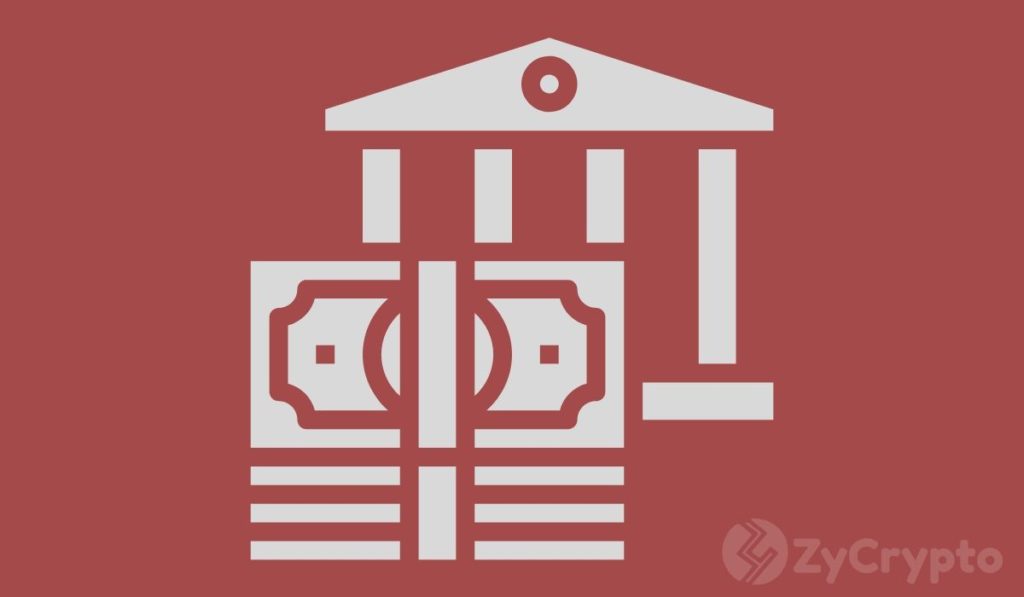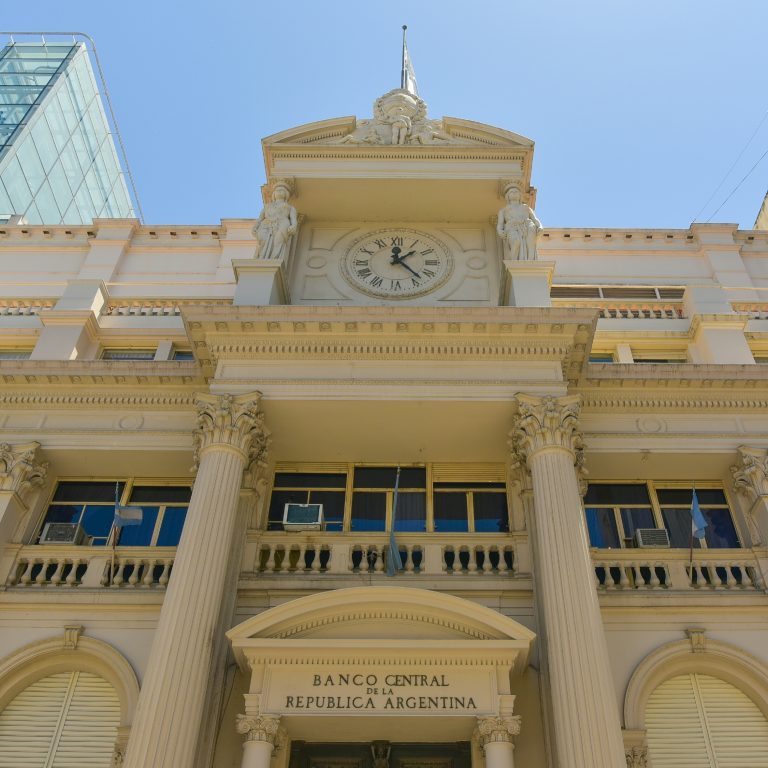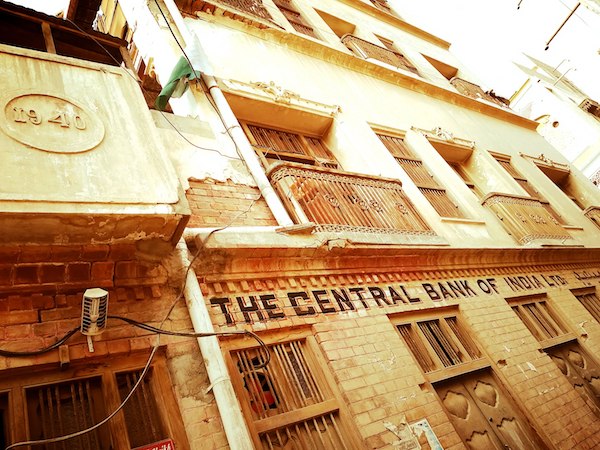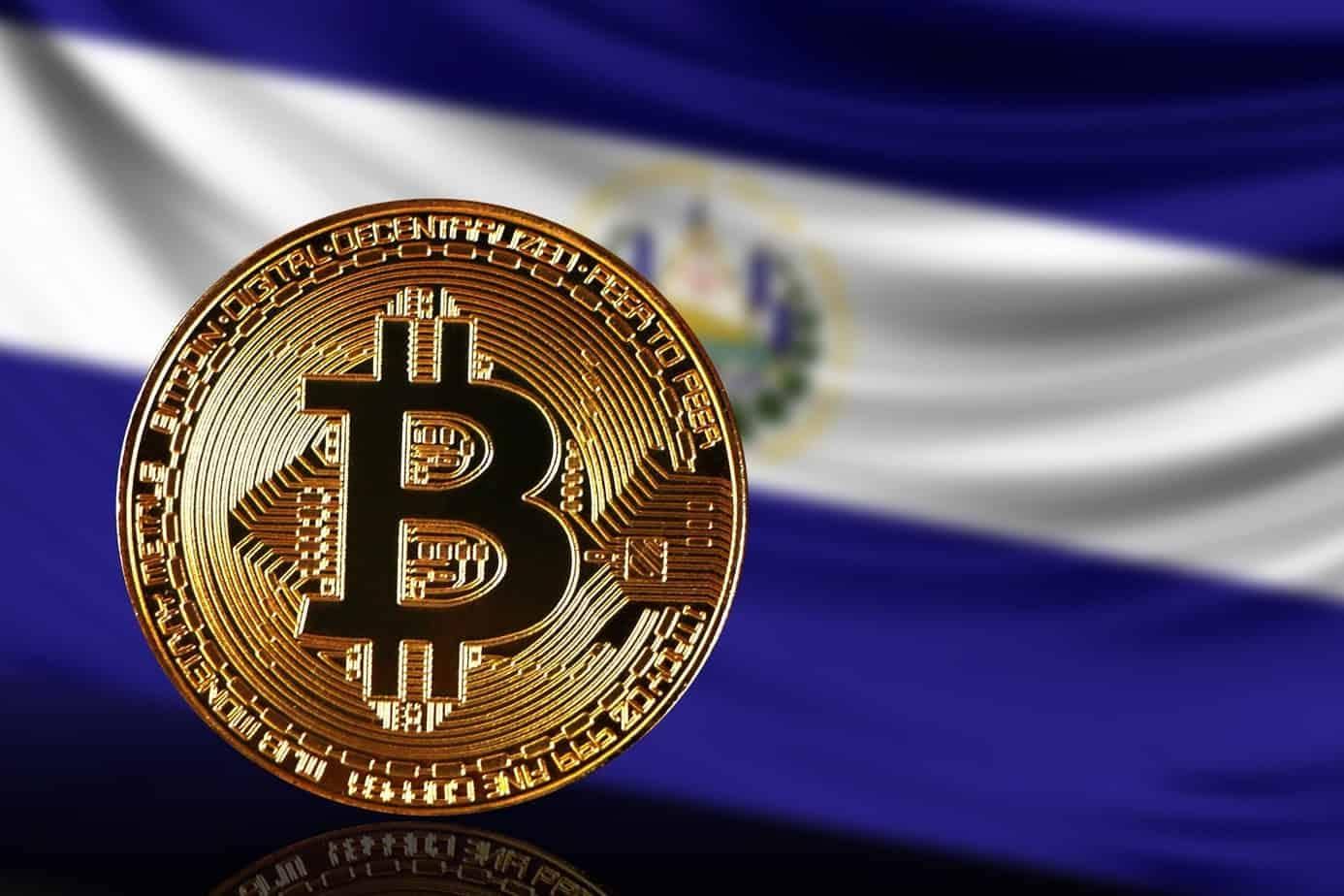
2018-6-17 12:50 |
Image: Shutterstock
Ripple recently gathered over two dozen central banks from around the world to explore how new technologies enable the next generation of payments.
The Central Bank Summit on Blockchain, hosted at Carnegie Hall in New York City, gathered central banks’ senior leadership, payment strategy leads and oversight staff for a focused discussion on blockchain.
Ripple CEO Brad Garlinghouse hosted the event and said, “The Summit provided an opportunity to explore the full payments landscape: central banks’ domestic trials, Ripple’s growing cross-border network and interoperability across systems. Together, these form the beginning of an Internet of Value, where payments move as easily as the data across the internet.”
Internet of Value: enabling connectivity and interoperability
The Summit started with a presentation from the International Monetary Fund (IMF) on fintech’s potential to change market structure, opening new possibilities in payments.
With this context, the Summit explored central banks’ experiments with using blockchain for domestic payments. These domestic trials explored rebuilding existing systems, building new backup systems, and creating new features such as a central bank digital currency.
The research has furthered the understanding of blockchain — both the use cases for where it makes sense and where it doesn’t. The ultimate adoption of blockchain for domestic payments may not be universal. The optimal solution depends on the pain points and features needed in each market, which can vary greatly by country. With this realization, interoperability between systems — both centralized and distributed — became a key focus area and the impetus of Ripple’s own work on Interledger.
One place where the pain points are universal is in cross-border payments. Cross-border payments — which are fragmented in nature — are an excellent fit for blockchain technology. What’s more, the technology has been rapidly adopted in the market. Ripple shared how it has specialized blockchain for interbank payments, enabling cross-border functionality that is real-time with transparency into status and fees.
Ripple gave detailed presentations on how we use blockchain-based solutions to enable connectivity in payments. Ripple solutions connect the following:
Banks with a growing network of over 100 financial institutions Payment systems, via a trial with Bank of England to connect RTGS systems Networks, through Mojaloop, a platform developed in partnership with The Gates Foundation to connect mobile money providersDigital assets: The future of liquidity is here
The Summit’s presentations covered the future of seamless connectivity and interoperability, which led to the next critical component for payments: liquidity. To date, liquidity is achieved through pre-funded accounts with counterparties. Yet, that comes with costs and risks that limit reach to high-volume corridors.
The second half of the day explored the technological breakthrough of digital assets and their emerging use cases. For example, one use case that has presented great promise is using digital assets as a liquidity tool — this allows for global reach without pre-funding.
Ripple shared how the adoption of XRP to connect fiat currencies creates a new paradigm for liquidity, enabling greater reach at lower costs than previously possible. The Ripple team discussed our research on adoption models, cost savings, and key takeaways from our trials with banks.
Presentations also discussed other digital currency use cases including central banks’ experiments and the regulatory response to contain risk in ICOs.
Top takeaways for central banks
The key takeaway from the summit was that new technology is modernizing payments. There’s great potential and the Internet of Value is coming into view.
Garlinghouse concluded, “These blockchain conversations have been happening in isolation. The value of the Central Bank Summit was in exploring and connecting these efforts, as together they create the next generation of payments.”
The summit was the first of many forums that Ripple has hosted to connect banks to blockchain and digital asset luminaries, and we will continue to foster the conversation to improve the technology.
The post Ripple Hosts World’s Central Banks to Explore Next Generation of Payments appeared first on Ripple.
origin »Ripple (XRP) íà Currencies.ru
|
|




























